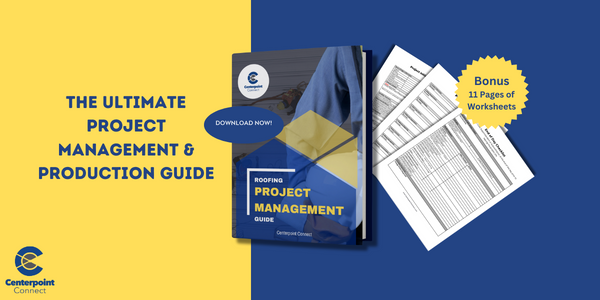UP TO THE MINUTE
Navigating relationships for a more productive environment

By Richard Carroll, Carroll Consulting Group.
Learning how to effectively manage and collaborate with difficult people is an essential skill in the workplace.
Mr. Rogers did a great job introducing us to the people in our neighborhood but may not have prepared us for all the neighbors. The same could be said for our work environment. In any professional setting, interactions with difficult individuals — be they customers, coworkers, managers or direct reports — are practically inevitable. These challenging interactions can be stressful and disruptive, but they also present opportunities for growth and skill development. This article explores strategies for navigating relationships with difficult individuals, enhancing teamwork and fostering a more positive and productive environment.
Understanding difficult behavior
Difficult behavior can manifest in various ways, such as aggression, passive-aggressiveness, stubbornness and negativity. It's important to recognize that these behaviors might be a result of personal challenges, differing perspectives or external pressures. Before reacting, take a moment to consider the potential reasons behind their behavior. This empathy-driven approach lays the foundation for constructive communication.
Active listening
Active listening is an essential skill when dealing with difficult individuals. It demonstrates respect, empathy and a genuine desire to understand their concerns. Pay attention to both verbal and nonverbal cues and avoid interrupting or formulating responses before they finish speaking. Paraphrase their points to ensure mutual understanding and show that you value their input.
Maintain composure
Remaining calm and composed in the face of challenging interactions is crucial. When emotions run high, it's easy to react impulsively, which can escalate the situation further. Practice emotional intelligence by acknowledging your emotions without letting them control your responses. Deep breaths, taking a step back, or requesting a short break can help you regain composure before responding.
Set clear boundaries
Establishing clear boundaries with difficult individuals helps manage expectations and reduces misunderstandings. Communicate your role, responsibilities and limitations openly. Politely but firmly decline requests or behavior that goes beyond reasonable expectations. By maintaining your boundaries, you promote a professional atmosphere and discourage inappropriate behavior.
Empower through problem solving
Collaboratively addressing challenges can be an effective way to defuse tense situations. Invite the difficult individual to join you in brainstorming solutions to the issue at hand. This approach shifts the focus from blaming to problem solving, encouraging a cooperative mindset.
Choose your battles wisely
Not every battle is worth fighting. In some cases, it's best to let minor issues slide to maintain overall harmony. Reserve your energy and efforts for situations that truly impact productivity, team dynamics or the work itself. Prioritizing your battles prevents unnecessary conflicts and preserves your credibility when addressing important matters.
Feedback and constructive criticism
Providing feedback to difficult individuals requires finesse. Use the feedback sandwich technique: start with a positive comment, address the issue constructively and end on another positive note. Constructive criticism delivered in a respectful manner encourages personal growth without causing defensiveness.
Seek mediation
When interactions with a difficult person become consistently problematic, involving a mediator can be beneficial. A neutral third party, such as a supervisor or HR representative, can facilitate a constructive conversation, ensure fairness and help both parties find common ground.
Self care
Dealing with difficult individuals can be draining. Practicing self care is essential to prevent burnout. Engage in activities that help you relax and recharge outside of work. Maintaining a healthy work-life balance boosts your resilience and equips you to handle challenging interactions more effectively.
Conclusion
Working with difficult people — whether customers, coworkers, managers or direct reports — presents challenges, but it's also an opportunity to enhance your interpersonal skills. By understanding their perspective, practicing active listening, maintaining composure and employing constructive strategies, you can transform difficult interactions into valuable learning experiences. Ultimately, fostering a positive and productive work environment relies on your ability to navigate these relationships with patience, empathy and professionalism.
If you would like to learn more about how to deal with your difficult relationships, please reach out to the Carroll Consulting Group.
Learn more about Carroll Consulting Group in their Coffee Shop directory or visit www.ccgrp.online.




















Comments
Leave a Reply
Have an account? Login to leave a comment!
Sign In